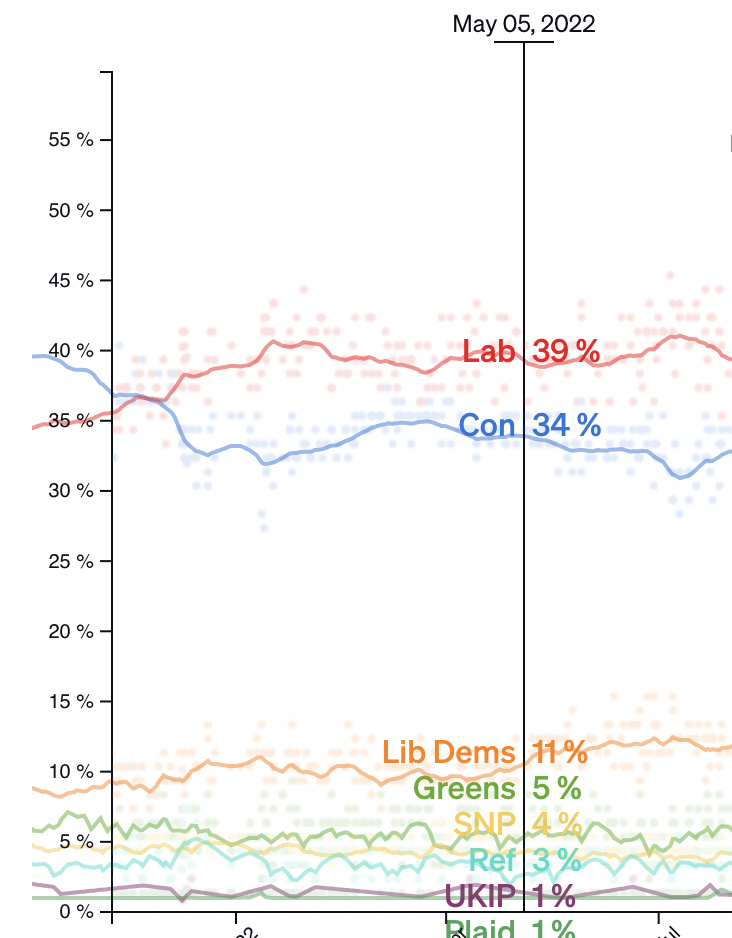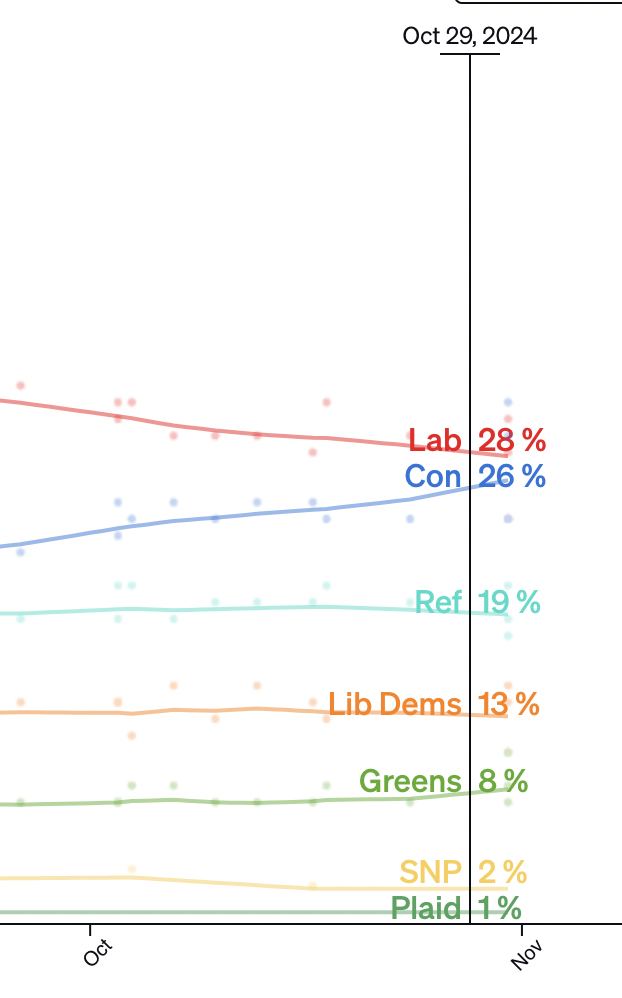Is the defection of former Labour Councillor, Sabina Akhtar to Aspire, a sign of an impending Labour electoral collapse in 2026?
A Defection to the Aspire Party: The canary in the coal mine?
On October 29, 2024, the then Labour Councillor Sabina Akhtar met with officials from the Aspire Party and soon after announced her defection to their ranks. The news broke on social media, sparking a flurry of responses and discussions online.
Councillor Akhtar, first elected in 2015, has had a distinguished career within the Labour Party, serving as Speaker of the Council and later in Mayor John Biggs’s cabinet. Within the Labour Group, she held nearly all the senior roles, including Chair, Secretary, and Whip. So, what prompted such an experienced Labour councillor to shift allegiance to the Aspire Party? Could her defection signal deeper issues within the local Labour Party? Perhaps even serve as a “canary in the coal mine” for the upcoming local elections?

Predicting 2026 Tower Hamlets Local Elections: A Tale of Two Charts

Two charts highlight the growing concern among Labour Councillors and potential Labour candidates in Tower Hamlets. The first chart shows the national polling for the Labour Party in May 2022, which was 38%, while the second shows the polling in October 2024, which has fallen to 28%.
The Labour Party’s approach to local elections heavily relies on national polling figures. In Tower Hamlets, door-to-door canvassing is based on the assumption that most voters support Labour, with the focus being on identification and reminders. But what happens when only a small minority of voters back Labour? If the Labour Party lost both the Mayoralty and the Council in Tower Hamlets in 2022, when national polling was at 38%, what are their chances now with just 28%? This is especially concerning considering that many Labour councillors won by very slim majorities.
Has Councillor Sabina Akhtar accurately read the political climate and aligned herself with the Aspire Party to safeguard her political future ahead of a potential Labour wipeout in 2026? Given the current polling trends, it certainly seems that way.
Are we witnessing the ‘Strange Death of Tower Hamlets Labour’?

In 1935, George Dangerfield published his seminal historical work, The Strange Death of Liberal England. In it, he argued that the Liberal Party in the United Kingdom effectively sealed its own downfall by becoming embroiled in issues beyond its immediate control, such as Home Rule for Ireland. This led to its eventual demise in the aftermath of the First World War.
Fast forward to 2024, similarly, Tower Hamlets Labour seems to be confronting an existential crisis, grappling with forces beyond its control. The party is struggling with the unpopularity of the National Labour Government and the contradictions arising from Keir Starmer’s logistical support, including surveillance flights and arms deliveries, which are linked to the ongoing genocide in Gaza.
Are we witnessing the death of the Labour Party in Tower Hamlets? It appears so.
“As uncouth a collection of neglected instincts, hopes, hatreds and desires, as thorough-going a psychological jacquerie, as ever came together.”
‘The Strange Death of Liberal England‘ – George Dangerfield (1904 – 1986)






Recent Comments